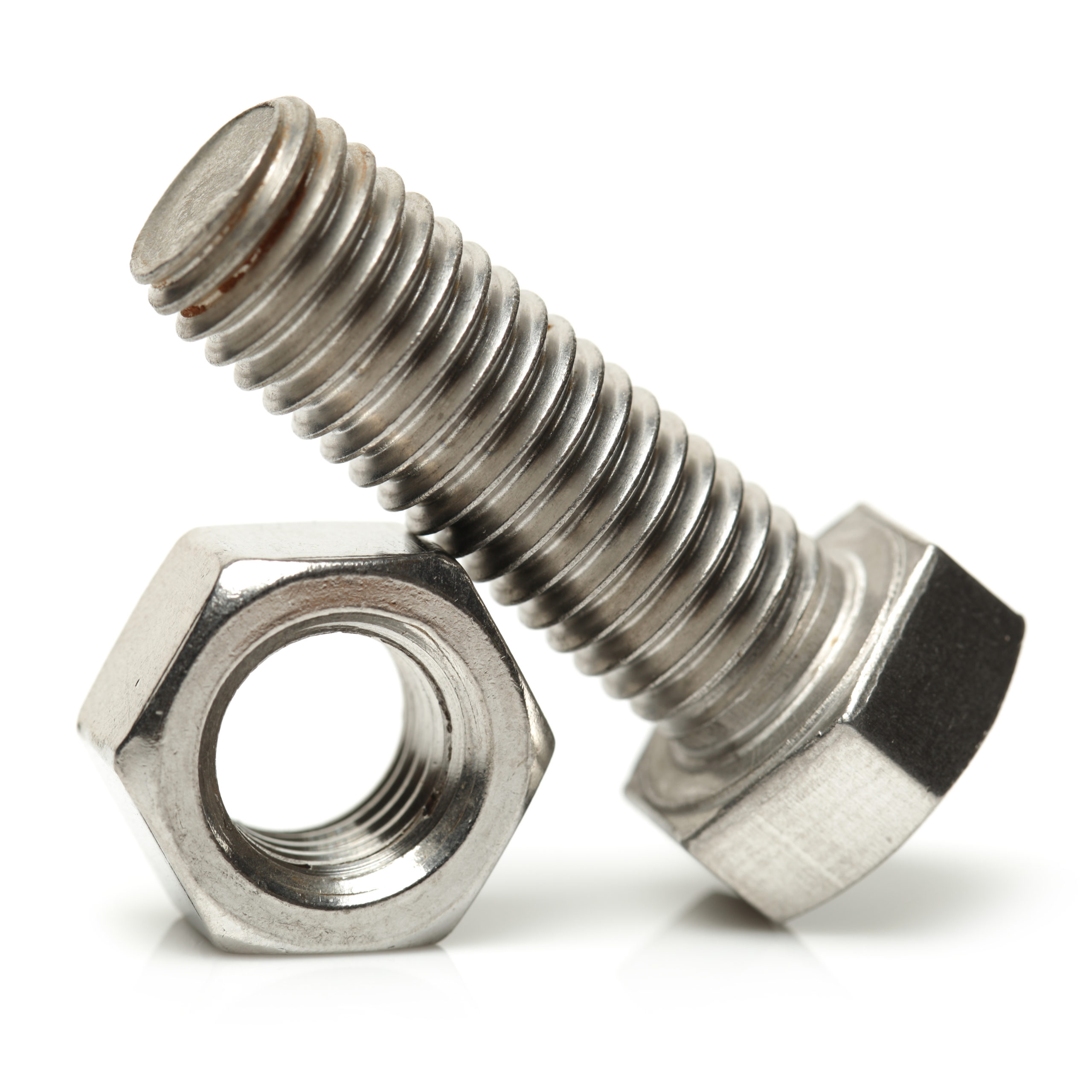Within the expansive world of tech and building, there are unrecognized heroes that play an essential role in the functioning and integrity of a multitude of buildings and gadgets. Fasteners, often overlooked, are the basic components that hold everything together. Regardless of whether you're building a basic piece of furnishings or undertaking a complex engineering project, understanding the many types and functions of these components is important.
This manual will take you on a trip through the details of nuts and bolts, exploring not only their basic uses but also the specific varieties available for different applications. You will gain understanding into how to choose the appropriate fasteners for your individual needs, from strong construction projects to fine automotive repairs. With our detailed exploration, you'll learn about the substances used, the importance of coatings, and even the distinctions between mechanical fasteners and structural bolts. Join us as we disclose the obscured connections that make all things from your home to high-tech gadgets feasible.
Varieties of Nuts and Nuts
Concerning the construction process, car repairs, and DIY projects, comprehending the different types of bolts and bolts is important for picking the suitable bolt for the project. Fasteners are usually hexagonal in form and made to fit onto fasteners, creating a stable connection. Standard kinds of fasteners include regular hex fasteners, lock fasteners, and flange fasteners. Each type serves a distinct purpose, such as avoiding unfastening due to vibration or offering a larger support base.
Fasteners come in numerous types, with each engineered for exact purposes. The most frequently used fasteners include hex fasteners, carriage bolts, and lag fasteners. Hex fasteners, having their level heads, are commonly used in metal and wood projects, while carriage bolts, which have a circular head and square neck, are perfect for tasks requiring a polished surface. Metric Screws , characterized by their heavy threads, are ideal for heavy wood joinery.
In addition to the common options, there are also unique nuts and bolts that cater to unique needs. For instance, nylon lock nuts provide additional protection by preventing inadvertent unfastening, while anchor fasteners are essential in structural work, providing durability and strength. Understanding these differences allows for knowledgeable decision-making when choosing bolts and nuts that most suit your DIY or fix needs.
Materials and Coatings
When selecting bolts and bolts for a job, the substance plays a crucial role in affecting the fasteners' strength, resilience, and resistance to corrosion. Metal is the most commonly used material due to its elevated tensile strength and flexibility. Nevertheless, for situations requiring a decrease in weight without losing strength, options like titanium or aluminium can be evaluated. Each material has its unique properties; for instance, brass is notably resistant to corrosion and frequently employed in plumbing, while stainless steel is chosen for outdoor applications due to its outstanding resistance to rust and harsh weather conditions.

Finishings are just as critical as they amplify the properties of the fasteners, offering additional safeguards against corrosion and tear. Zinc plating is a well-known choice, delivering a barrier against wetness and external conditions. Galvanization, that includes a thicker coating of zinc, provides even more significant protection and is best-suited for heavy-duty outdoor applications. Allen Screws include powder coating, which not only adds beauty but also provides considerable resistance to abrasions and chemicals.
Grasping the different materials and coatings available can help you choose the right fasteners for your particular needs. For example, in marine settings where exposure to seawater is common, opting for stainless steel or specifically coated fasteners can prevent early failure. Knowing the benefits and drawbacks of each material and coating will guarantee that your tasks are durable, efficient, and resilient.
Purchaser Guides and Contrasts
As you choosing fasteners for the project, it is important to comprehend the different types and their uses. Newcomers should acquaint themselves with essential language and the functions of different types of fasteners. Resources such as a dictionary of fasteners can provide clarity on common terms and characteristics. Furthermore, recognizing the differences between metric and U.S. customary fasteners will aid in selecting appropriately for your particular requirements.
Quality fasteners are necessary for the longevity and security of the projects. When shopping, search for indicators of high quality, such as manufacturer's quality marks, material descriptions, and markings on grades. Additionally, consider factors like resistance to corrosion and power ratings, which can impact the durability of the fixtures in indoor and outdoor settings. A comparison chart for bolt strength can assist in evaluating the fitness of various choices for tasks requiring heavy-duty fasteners.
Lastly, proper sizing is vital in guaranteeing the appropriate fit for your nuts and bolts. Understanding how to size these fasteners correctly will eliminate fitting difficulties later. Consider features such as the pitch of the threads, size, and diameter to make sure you choose the right components for your project. Adhering to these suggestions and contrasts will streamline the process of purchasing and improve your DIY projects or professional work.
